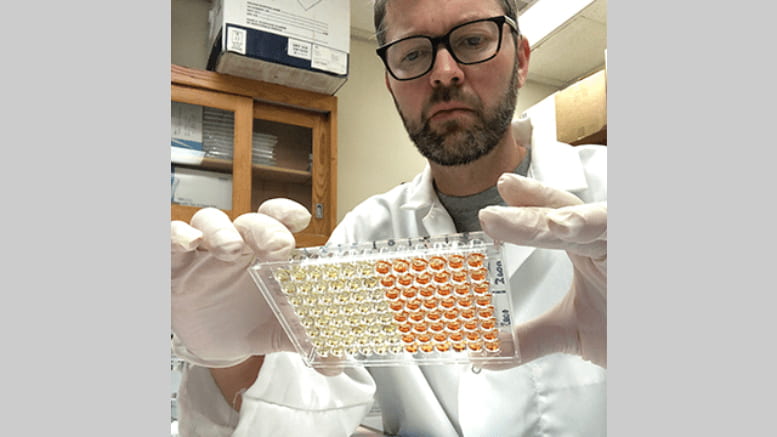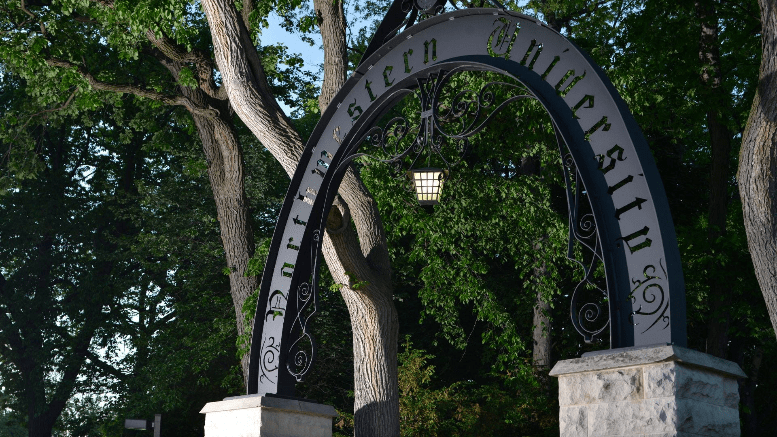Study on COVID-19 antibodies underscores the importance of receiving the second vaccine dose
September 2, 2021

Professor Thomas McDade, of the Department of Anthropology, found that two months after the second Pfizer/Moderna vaccination, antibody response decreases by 20% in adults with prior cases of COVID-19.
McDade and a team of biological anthropologists tested blood samples from adults who had tested positive for COVID-19 to measure how long the immunity benefits of the Pfizer and Moderna vaccines last.
Study participants were selected from a diverse community-based sample of Chicago-area adults recruited at the start of the pandemic. Using at-home antibody testing kits developed in the lab, participants submitted blood samples two to three weeks after their first and second dose of vaccination, and then two months after the second dose.
In testing samples collected three weeks after the second vaccine dose, the average level of inhibition was 98%, indicating a very high level of neutralizing antibodies. However, in testing samples collected two months after the second dose, researchers found antibody responses declined by about 20%.
“Our study shows that prior exposure to SARS-CoV-2 does not guarantee a high level of antibodies, nor does it guarantee a robust antibody response to the first vaccine dose,” said McDade. “For people who had mild or asymptomatic infections, their antibody response to vaccination is essentially the same as it is for people who have not been previously exposed.”
The study underscores the importance of receiving a second dose of vaccine, not only because immunity from vaccines wanes over time, but because of the risk posed by emerging variants like Delta.
The study “Durability of antibody response to vaccination and surrogate neutralization of emerging variants based on SARS-CoV-2 exposure history” was published Aug. 30 in the journal Scientific Reports.
Read more about the report in Northwestern Now. Read the full study here.
Faculty

Joel Mokyr wins Nobel Prize in Economic Sciences
October 13, 2025
Nobel recognizes Mokyr’s theory on sustained economic growth Joel Mokyr, the Robert H. Strotz Professor of Arts and Sciences and professor of economics and history in the Weinberg College of Arts and Sciences at Northwestern University, today (Oct….

Northwestern accelerates quantum research with NVIDIA technology
September 19, 2025
NVIDIA code could help researchers tackle computationally demanding tasks hindering quantum research Northwestern University physicists are using NVIDIA technology to tackle the computationally demanding tasks hindering quantum research. Northwestern theoretical physicist Jens Koch and his research group…

Weinberg College welcomes new faculty members for 2025-2026 academic year
September 18, 2025
Shreeya Behera Assistant Professor of Instruction PhD institution: The Ohio State University Previous title and institution: Data Scientist at Pandora Bio, Inc. Home department: Statistics and Data Science Shreeya Behera is a mathematician and data…

Weinberg College faculty and graduate students recognized for excellence in teaching
July 2, 2025
Each year, the Weinberg College of Arts and Sciences and the Office of the Provost recognizes members of the College’s tenure-line and teaching-track faculty for excellence in teaching. Weinberg College in addition recognizes the contributions…



